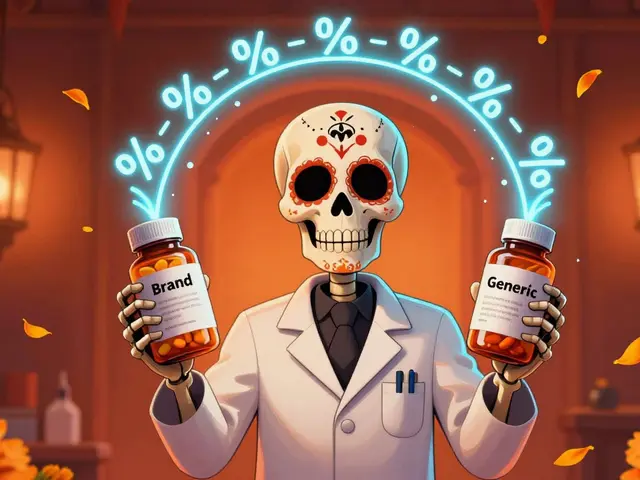Hepatitis C: Symptoms, Testing, and Modern Treatment
Hepatitis C (HCV) is a viral infection that mostly affects the liver. Many people don’t have obvious symptoms at first, so hearing about the basics can save time and health. This page gives clear, practical steps: how to spot it, how testing works, what treatment looks like today, and simple prevention tips.
How you might notice it
Early on, HCV often feels nothing like a sudden illness. If symptoms appear they can be vague — tiredness, mild stomach pain, or loss of appetite. Years later, untreated HCV can cause jaundice (yellow skin/eyes), swollen belly from fluid, or easy bruising. Because early signs are subtle, testing is the only reliable way to know.
Testing and diagnosis
Testing is simple and widely available. First is an antibody test (a blood test) to see if you were exposed. If that’s positive, doctors do an RNA test (PCR) to check if the virus is still active. Your doctor may also order liver blood tests and check your liver’s scarring using FibroScan or blood-score tools like APRI or FIB-4. These tests guide treatment timing and follow-up.
Who should get tested? People who ever injected drugs, received blood products before 1992, had untested tattoos or body piercings, or were born between 1945–1965 are commonly recommended for testing. Also get tested if you were exposed to a needlestick or have unexplained liver enzyme elevations.
Treatment today — what works
Treatment has changed a lot. Direct-acting antivirals (DAAs) like sofosbuvir combos or velpatasvir-based regimens cure over 95% of cases with 8–12 weeks of pills. These drugs are far easier to take than older therapies and cause fewer side effects. Your doctor will choose a regimen based on your virus type, liver scarring, and other medicines you take — always check for drug interactions.
After successful treatment, doctors confirm cure with an RNA test 12 weeks later. Even after cure, people with advanced scarring need liver monitoring for complications, including cancer screening when recommended.
Prevention is straightforward: avoid sharing needles or any equipment that can have blood, make sure tattoo and piercing shops follow safety rules, and follow standard precautions in healthcare. There’s no vaccine for Hepatitis C yet, so careful behavior and testing are key.
If you think you might be at risk or have symptoms, reach out to your primary care doctor, a liver specialist, or a local clinic. Treatment is highly effective now, and early action protects your liver and long-term health.
Need help finding testing or treatment options? Pharmstore.com offers guides and medication info to help you talk with providers and understand your choices. Get tested, ask questions, and take control of your liver health.

Chronic Hepatitis C not only impacts physical health but also significantly affects emotional wellbeing. This article delves into the emotional challenges faced by those living with this condition and offers tips for managing mental health. Learn about the connection between chronic illness and emotional struggles and discover ways to improve your overall wellbeing.
Chris Gore Sep 8, 2024




